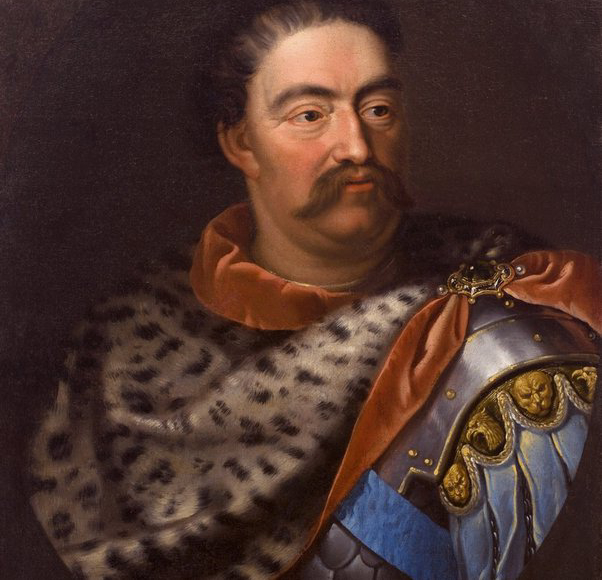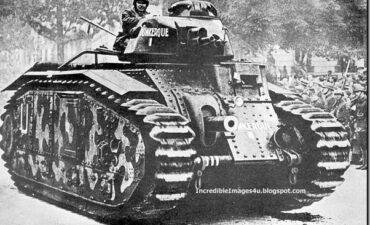What are some cool facts about King John III Sobieski of Poland? John III Sobieski, King of Poland and Grand Duke of Lithuania from 1674 until his death in 1696, is a fascinating historical figure.
Hero of the Battle of Vienna:
Sobieski is best known for his decisive role in the Battle of Vienna in 1683. Leading the Polish-Lithuanian Commonwealth’s forces, along with the Holy Roman Empire’s army, he defeated the Ottoman Empire’s troops, marking a turning point in the war against the Ottomans in Europe.
Military Genius:
Sobieski was an exceptional military strategist and commander. His leadership at the Battle of Khotyn in 1673, where he defeated the Ottomans despite being outnumbered, earned him great respect and led to his election as King of Poland.
Cultural Patron:
Sobieski was a patron of the arts and education. He supported the construction of numerous buildings, including palaces and churches, and encouraged the development of culture and science in Poland.
Polyglot and Scholar:
Sobieski was well-educated, speaking several languages, including Polish, Latin, French, and Turkish. He was also knowledgeable in various fields, including history, literature, and military science.
Devoted Husband:
His marriage to Marie Casimire Louise de La Grange d’Arquien, affectionately known as Marysieńka, was notably loving and supportive. Their extensive correspondence provides valuable insights into their personal lives and the politics of the time.
Diplomatic Skills:
Beyond his military prowess, Sobieski was skilled in diplomacy. He maintained alliances with various European powers, balancing relationships with France, Austria, and the Papal States to strengthen Poland’s position in Europe.
Legacy:
Sobieski’s victory at Vienna earned him the nickname “Lion of Lechistan” among the Ottomans and solidified his reputation as one of Poland’s greatest kings. His successful defense of Europe from Ottoman expansion had long-lasting effects on the balance of power in the region.
Innovations in Warfare:
He introduced several military reforms, including improvements in the Polish cavalry, particularly the famous winged hussars, enhancing their effectiveness and reputation on the battlefield.
Religious Tolerance:
Sobieski promoted religious tolerance within his realm, fostering a relatively peaceful coexistence among Catholics, Orthodox Christians, Protestants, and Jews in the multi-ethnic Polish-Lithuanian Commonwealth.
Personal Library:
He amassed a vast personal library, reflecting his intellectual pursuits and interest in a wide array of subjects, from military tactics to philosophy and literature.
John III Sobieski’s leadership, both on and off the battlefield, left a lasting impact on Polish history and European politics.








